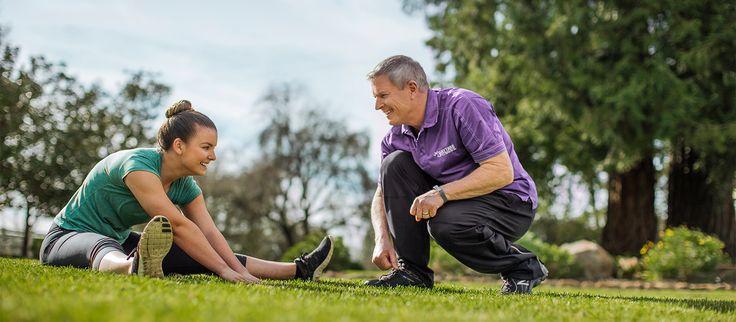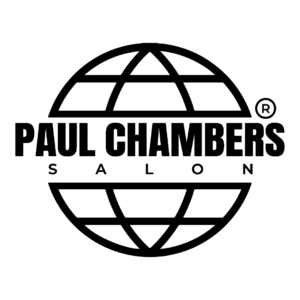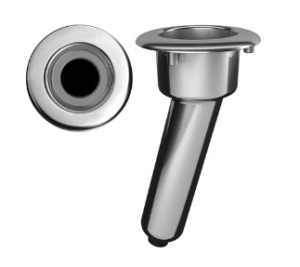Unlocking the Silent Battle: How to Face Anxiety Without Fear
Anxiety is a silent, invisible force that can infiltrate even the most confident minds. It doesn’t always roar or demand attention; often, it whispers, hiding beneath the surface of everyday life. Its grip can be subtle yet overwhelming, affecting our thoughts, our bodies, and our interactions with the world. But despite its pervasiveness, anxiety doesn’t have to define us. With awareness, strategies, and self-compassion, we can face anxiety without fear and reclaim control over our lives.
In this article, we will explore how to confront anxiety head-on, without letting it dictate our experience. From understanding its roots to learning practical coping mechanisms, here’s how to unlock the silent battle and rise above.
Understanding Anxiety: The Silent Struggle
Anxiety is a natural human response to stress, uncertainty, or perceived danger. It triggers the body’s “fight or flight” response, preparing us to confront challenges. In some situations, this heightened state of alertness can be beneficial—such as when we need to perform under pressure or avoid harm. However, when anxiety becomes chronic or disproportionate to the situation, it can become a source of immense distress.
Anxiety can manifest in different forms, including generalized anxiety disorder (GAD), panic disorder, social anxiety, and specific phobias. While each type has its unique symptoms, common signs include restlessness, racing thoughts, excessive worry, tension, and physical symptoms such as rapid heartbeat or shortness of breath.
What makes anxiety particularly challenging is its insidious nature. It often takes root in our subconscious mind, making it difficult to pinpoint the cause. You may wake up with a sense of dread, only to find that the source of your anxiety is unclear. This uncertainty can fuel even more worry, creating a vicious cycle that feels impossible to escape.
The Root of Anxiety: Why Do We Fear It?
One of the most powerful tools in facing anxiety is understanding why we fear it in the first place. The fear of anxiety itself can compound the problem. People with anxiety often develop what is known as “fear of fear.” This means that they become afraid of having an anxiety attack or experiencing symptoms of anxiety, which only intensifies the feeling.
Additionally, societal pressures to always appear calm, collected, and in control can exacerbate the fear. When anxiety is seen as a weakness or something to be ashamed of, it becomes a silent battle fought in isolation. People may go to great lengths to avoid situations that trigger their anxiety, which only reinforces the idea that anxiety is something to fear rather than something to manage.
To truly unlock the battle with anxiety, we must confront this paradox: anxiety is not our enemy. It is an emotional response, a signal from our body and mind telling us that something is out of balance. By recognizing it as a part of our human experience, we can begin to disarm it.
Reframing Anxiety: A Tool for Growth
Instead of viewing anxiety as an obstacle, consider reframing it as a tool for personal growth. It might seem counterintuitive at first, but the discomfort of anxiety can actually serve as an opportunity for self-discovery and transformation. When you feel anxious, ask yourself:
What is this feeling trying to teach me?
What part of my life feels out of balance right now?
Is this anxiety based on reality or an imagined fear?
By shifting your mindset from “I need to get rid of this anxiety” to “What can I learn from this experience?” you change the narrative. Anxiety no longer becomes something to fight, but something to understand and work with.
Practical Ways to Face Anxiety Without Fear
Now that we understand the nature of anxiety, let’s explore concrete strategies for facing it without letting it dominate your life.
1. Mindfulness and Acceptance
Mindfulness involves being fully present in the moment, acknowledging your thoughts and feelings without judgment. When it comes to anxiety, mindfulness allows you to sit with the discomfort rather than trying to push it away. This might sound difficult at first, but research shows that mindfulness can reduce the intensity of anxiety by helping you observe it from a non-reactive standpoint.
A mindfulness practice doesn’t have to be formal meditation. It can be as simple as taking a few deep breaths when anxiety arises, grounding yourself in the present by noticing the sensations around you. When you accept anxiety as a natural response, it loses much of its power to overwhelm you.
2. Cognitive Behavioral Techniques (CBT)
Cognitive Behavioral Therapy (CBT) is one of the most effective methods for managing anxiety. CBT focuses on identifying and challenging irrational thoughts that fuel anxiety. When you feel anxious, your mind may begin to spiral with worst-case scenarios. CBT helps break this cycle by teaching you to reframe those thoughts in a more balanced and realistic light.
For example, if you find yourself thinking, “I’m going to fail this test and embarrass myself,” CBT helps you ask, “What evidence do I have that supports this thought? What is a more likely outcome?” This process not only diminishes the intensity of anxiety but also empowers you to take control of your thoughts.
3. Breathing Exercises and Relaxation
When anxiety strikes, your body enters a heightened state of arousal. Your heart races, your muscles tense, and your breath becomes shallow. This physical reaction is part of the fight-or-flight response. One of the quickest ways to reduce anxiety is to counteract this physiological state by engaging in deep, slow breathing.
One effective technique is diaphragmatic breathing, where you focus on breathing deeply into your belly rather than your chest. This activates the parasympathetic nervous system, which helps calm your body. Try inhaling for a count of four, holding for four, and exhaling for a count of six. Repeat this process several times until you feel your body begin to relax.
4. Gradual Exposure
For some people, anxiety is linked to specific situations or triggers, such as public speaking, flying, or social interactions. Avoiding these triggers might seem like a way to escape anxiety, but it only reinforces the fear. A more effective approach is gradual exposure, where you intentionally and slowly face the anxiety-provoking situation in a controlled and manageable way.
For example, if you have social anxiety, start by attending a small gathering or talking to one person you feel comfortable with. Gradually increase the exposure over time. As you face your fear in small doses, you’ll begin to realize that your anxiety is not as powerful as it seems.
5. Self-Compassion and Patience
The journey of facing anxiety is not linear. Some days will feel better than others, and that’s okay. It’s important to be compassionate with yourself during this process. Instead of criticizing yourself for feeling anxious, practice self-compassion by speaking to yourself as you would to a friend.
Remind yourself that everyone experiences anxiety, and it’s part of being human. Avoid the urge to rush through the process or expect quick fixes. Healing and managing anxiety take time, and being patient with yourself is key to long-term success.
Conclusion: Embracing the Journey
Anxiety may always be a part of life in some form, but it doesn’t have to control you. By understanding its roots, reframing your relationship with it, and adopting practical strategies, you can unlock the silent battle that anxiety presents. Instead of fearing anxiety, face it with curiosity and courage, knowing that each step you take is a step toward greater resilience and peace.
Remember, anxiety does not define you—it is merely a signal that something needs attention. By meeting it with awareness and compassion, you can transform it from a source of fear into a tool for growth. The battle is not against anxiety itself, but against the fear of facing it. By unlocking this fear, you will find freedom, strength, and ultimately, the power to thrive.














Post Comment